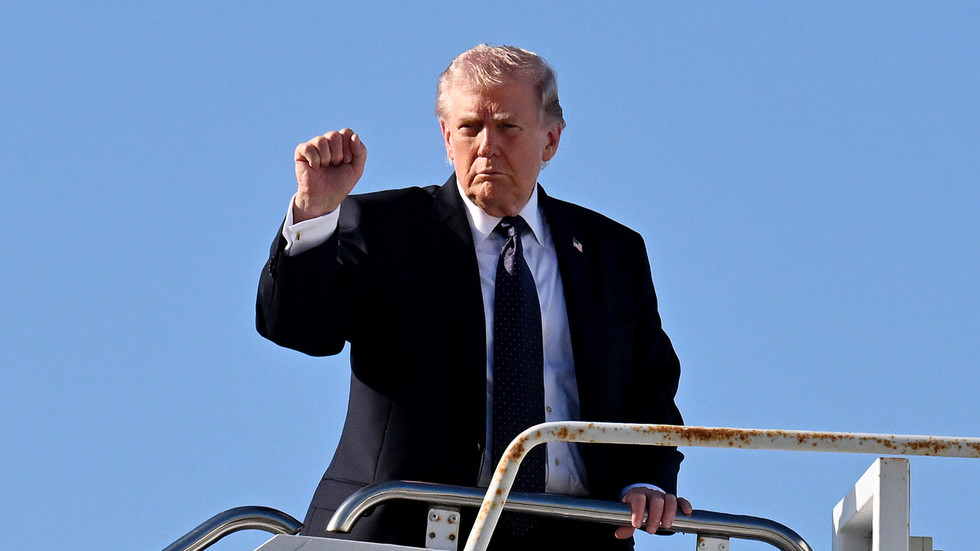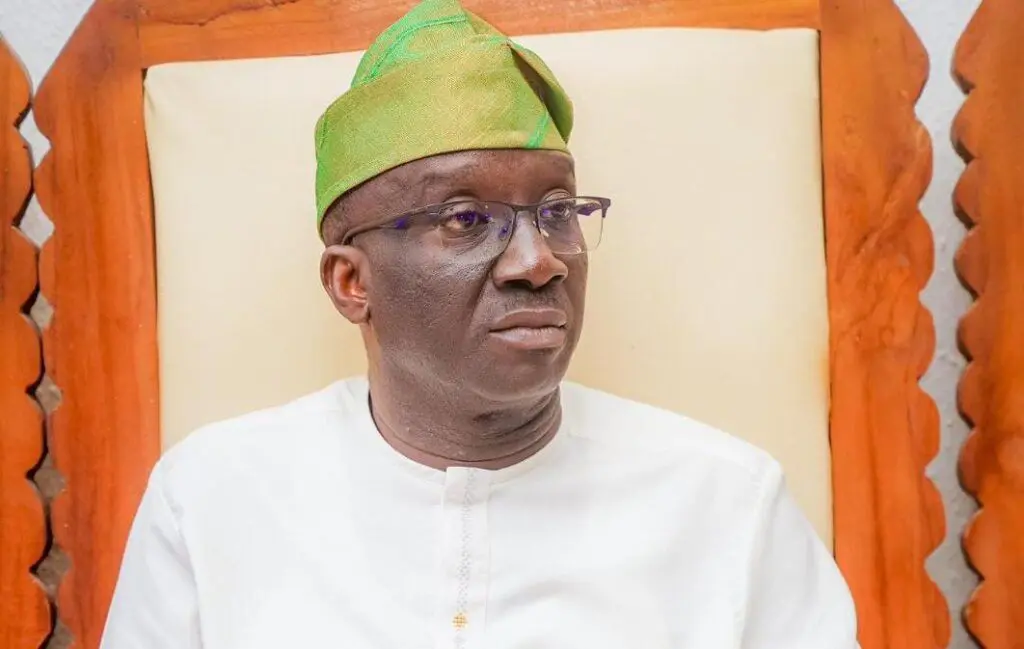The UN Office on Drugs and Crime (UNODC) Executive Director Ghada Waly has shed light on the pressing issues of transnational organized crime, terrorism, and corruption in Somalia. During her visit to the Horn of Africa nation, Waly emphasized the multitude of challenges facing Somalia, including terrorism, piracy, poverty, and the impacts of climate change.
In a complex crisis situation, Waly highlighted the interconnected threats of piracy, illegal fishing, trafficking, smuggling, terrorism, money laundering, and corruption that are prevalent in Somalia. These threats not only affect Somalia but also have far-reaching implications beyond its borders. Firearms trafficking across the Gulf of Aden fuels terrorist groups like Al-Shabaab, while migrant smugglers transport people to the Arabian Peninsula. Additionally, unregulated foreign fishing fleets exploit Somalia’s marine resources, endangering biodiversity and livelihoods in the Indian Ocean.
Moreover, drug trafficking poses a growing threat due to the challenges of policing Somalia’s extensive coastline and its connectivity through air travel. Waly emphasized the importance of resilience and the rule of law in addressing these challenges, citing the 2013 attack on the Banadir Court Complex in Mogadishu by Al-Shabaab as a stark example of the obstacles faced by Somalia’s justice sector.
To combat these threats, Somalia and UNODC have collaborated to establish the Mogadishu Prison Court Complex (MPCC) as a response to the attack on the Banadir Court Complex. The MPCC serves as a center for the administration of justice, providing secure facilities for trials and prisoner rehabilitation. This initiative is part of UNODC’s broader efforts to enhance Somalia’s legal and correctional infrastructure through construction and renovation projects across the country.
In addition to addressing land-based challenges, UNODC is also focused on maritime security in the Gulf of Aden and the Indian Ocean. Piracy off the coast of Somalia, while declining in recent years, remains a significant threat, exacerbated by geopolitical tensions in the region. UNODC is training law enforcement officers to combat illicit trafficking and maritime crimes, providing essential equipment and support to enhance maritime security.
Waly reaffirmed UNODC’s commitment to supporting Somalia in improving its operational capabilities and legal framework for prosecuting piracy, emphasizing the importance of collaboration on maritime security in the region. Through these efforts, UNODC aims to contribute to Somalia’s resilience and pave the way for a future where every Somali citizen can live in peace, security, and dignity.



